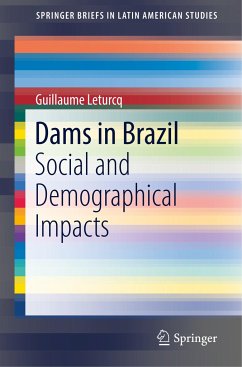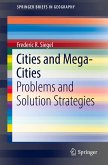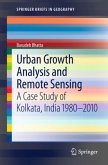The book focuses on the human and social effects of the construction of hydroelectric dams in Brazil. It discusses themes such as forced migrations, how the families of the victims of the dams adapt to new living areas, the struggle of families with the relocation of their homes and the fact that they are neglected by builders and government. These discussions are carried out in a comparative perspective between Southern and Northern Brazil, where contexts and living conditions are quite different. The book's main objective is to analyze the movements, adaptations and life changes in families suffering from the effects of dams throughout Brazil. This is the first book that analyzes the relationship dam-space with the intent to understand how dams affect the territory. The book is organized in three chapters: the dams' effects in Brazil and the territorial impacts; human and social consequences of dam construction; a regional comparison of the effects of dams between the South andthe North of the country.
Bitte wählen Sie Ihr Anliegen aus.
Rechnungen
Retourenschein anfordern
Bestellstatus
Storno








